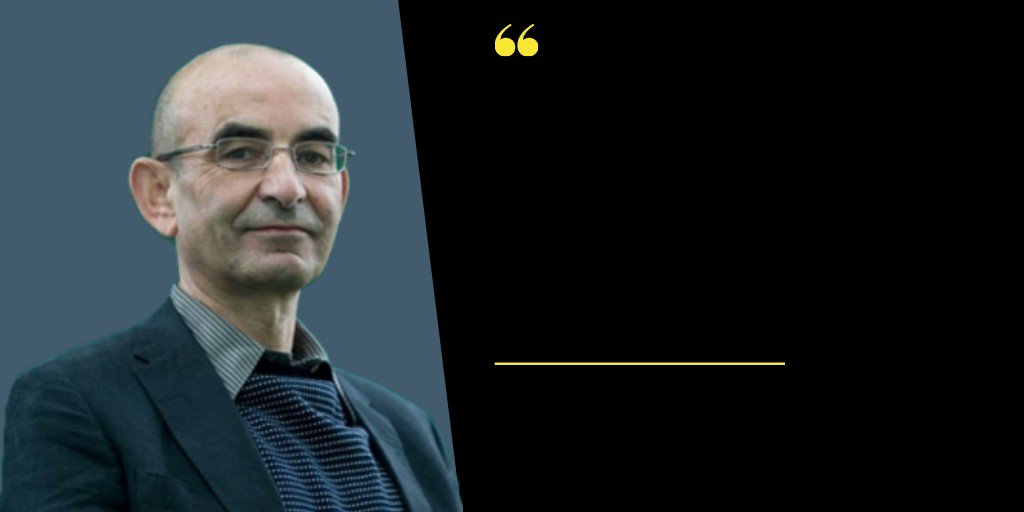Jyoti
8:02
8:08
8:09
8:09
8:09
8:13
8:15
8:17
8:24
8:24
8:24
8:24
8:25
8:25
8:26
8:35
8:35
8:36
8:40
8:42
8:43
8:43
8:46
8:46
8:49
Connecting…









